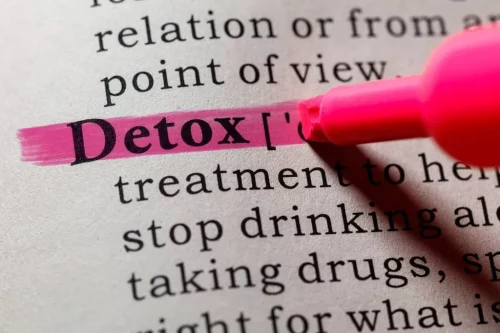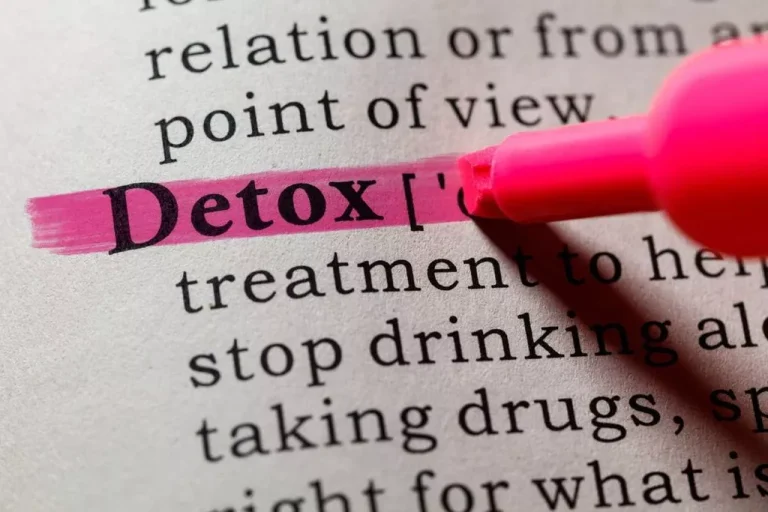
The journey through the stages of alcoholism is fraught with challenges, but understanding these stages can empower individuals and their loved ones to seek help before the condition becomes insurmountable. Recognizing the signs early and seeking professional intervention can pave the way for a successful recovery and a healthier, more fulfilling life. Treatment strategies for alcoholism are tailored to the individual’s needs and the severity of their condition.
Finding support
This Substance abuse article introduces a number of AUD topics that link to other Core articles for more detail. The severity of the AUD depends on how many of the symptoms they have. A hit on six or more questions can be considered a severe case of AUD. Blacking out from drinking too much is a warning sign of this stage, along with lying about drinking, drinking excessively, and thinking obsessively about drinking.

Health Diseases Found Among Those in Late Stage Alcoholism

The willingness of the individual to embrace change and seek help plays a crucial role in recovery. Yes, various factors can increase the risk of developing alcoholism, including genetics, the environment you grew up in, your social circle, and how you manage stress. Early exposure to alcohol and certain mental health disorders, such as depression and anxiety, can also contribute to an increased risk. If you or a loved one are struggling =https://ecosoberhouse.com/ with alcohol dependence or with an alcohol addiction, get in touch with True Self Recovery. Our alcohol rehab center is dedicated to providing individuals struggling with alcohol misuse and alcoholism with personalized treatment plans to help overcome the challenges of addiction.

How is alcohol withdrawal managed?
- Inpatient treatment takes place at a licensed residential treatment center.
- For another person, they may know their hypertension is worsened by their drinking, putting them at risk for heart disease and other serious conditions, but they choose to drink anyway.
- This is an experimental phase, where individuals test their limits and boundaries with alcohol.
However, continued use can lead to alterations stages of alcoholism in brain structure and function, amplifying vulnerability to addiction. As these changes persist even after zero alcohol intake, the risk of relapse is present. As you can see, there are many risk factors and signs of an alcoholic personality to consider.

In the early alcoholic stage, individuals may become moody and irritable when they don’t drink. As a result, they may drink more to even out their temperament. There may be physical changes, too, as they swing abruptly from hangovers to changes in their sleeping patterns. The pre-alcoholic stage is often not noticeable by many people, except those very close to the individual in question.
- These drinkers must drink more and more to get the same feelings from drinking alcohol that they used to experience.
- Their alcohol withdrawal symptoms are so severe that they must drink continually to avoid them.
- Like the pre-alcoholic stage, one of the most telling signs that people are developing an addiction to alcohol is that they no longer have control over their drinking.
- According to the National Institute on Alcohol Abuse and Alcoholism (NIAAA), heavy alcohol use is defined as more than 4 drinks on any day for men or more than 3 drinks for women.
In the beginning stages of alcoholism, drinking escalates and the individual develops an increased tolerance for alcohol. Those biological changes pave the way for the second stage, which is marked by a physical dependence on the drug. Drinking at this point isn’t about feeling good — it’s about not feeling bad and avoiding the uncomfortable sensations that accompany acute withdrawal.
- As a result, they may drink more to even out their temperament.
- Between 3 and 5 percent of people withdrawing from alcohol develop grand mal seizures and severe confusion, known as delirium tremens.
- By this point, if he or she tries to quit alcohol cold turkey or on their own at home, they could suffer serious or life-threatening alcohol withdrawal symptoms, which may include hallucinations.
- Early diagnosis can significantly enhance the effectiveness of treatment interventions.
In this stage, you’re gradually becoming more accustomed to drinking larger amounts of alcohol with little to no effect. You can still function well enough, despite your heavy drinking, and you become more and more focused on getting that next drink. One of the biggest concerns with risky drinkers is when they don’t think they have a problem. Moderate drinking is the only safe way to consume alcohol, but drinking in general isn’t safe for everyone. The first stage of alcoholism is a general experimentation with alcohol.
I’m In Recovery
- The most severe form of alcohol withdrawal is delirium tremens (DTs), characterized by altered mental status and severe autonomic hyperactivity that may lead to cardiovascular collapse.
- There are inpatient and outpatient options, but an addiction specialist should determine the best level of care for you based on your individual needs.
- Behavioral therapy or talk therapy can be effective in finding the root cause of the person’s addiction problems.
- Whether you care for youth or adults, you are likely to encounter patients with alcohol use disorder (AUD) regularly in your practice.
At this point, you have an attachment to alcohol that has taken over your regular routine. You’re aware of the adverse effects, but no longer have control over your alcohol consumption. Knowing what AUD looks like is the first step in combating it. Alcohol misuse and addiction can have harrowing and hazardous side effects at every phase. Effective, evidence-based treatment can help and recovery is possible.

Комментарии